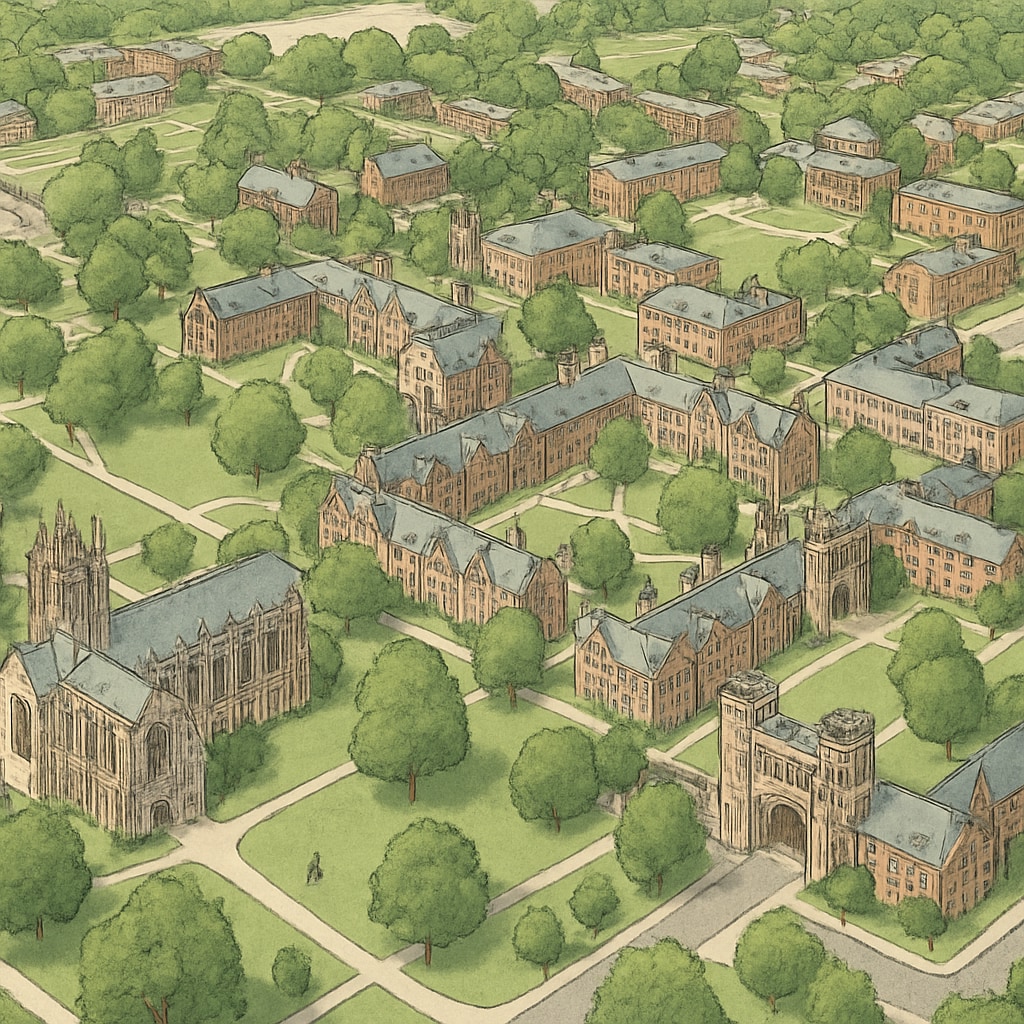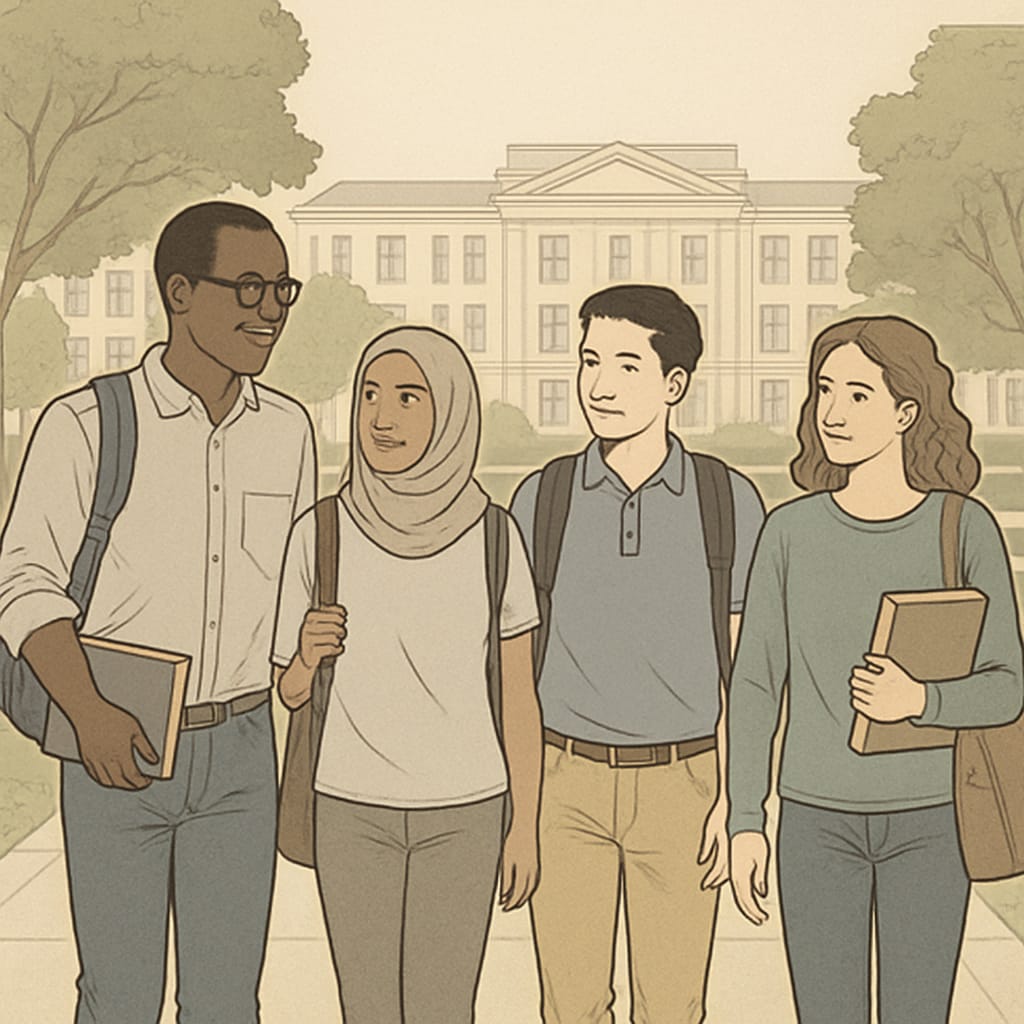For decades, institutions like Princeton and other Ivy League schools have been synonymous with prestige, academic excellence, and unparalleled career opportunities. However, are we overestimating the real value of attending these elite universities? The reputation of Ivy League colleges often overshadows critical questions about their tangible educational benefits, societal contributions, and return on investment for students.

Behind the Ivy League Curtain: Reputation vs. Reality
The allure of Ivy League schools, including Princeton, is deeply rooted in their historical significance and exclusivity. These institutions have long been viewed as the pinnacle of higher education, promising access to influential networks, world-class faculty, and cutting-edge research opportunities. Yet, studies suggest that the outcomes for graduates may not always justify the hype.
For example, data shows that graduates from top public universities often achieve comparable, if not better, career success and earnings compared to their Ivy League counterparts. Additionally, factors like location, industry focus, and individual determination play a significant role in long-term success—factors that are not exclusive to Ivy League schools.
Moreover, the cost of attending these institutions is staggering. Tuition, housing, and other expenses often exceed $75,000 annually, placing significant financial pressure on students and families. Is the payoff truly worth it for everyone?
The Social and Psychological Impact of Ivy League Branding
The societal perception of Ivy League schools as “elite” institutions creates a psychological bias, often leading students and parents to equate admission to these colleges with guaranteed success. This branding has fueled a persistent belief that these universities offer unparalleled advantages, even when evidence suggests otherwise.
In reality, the resources and opportunities available at Ivy League schools are not always unique. Public research universities, liberal arts colleges, and international institutions often provide similar or better educational experiences, depending on the field of study. For example, a student pursuing engineering might find greater resources and career opportunities at a top-rated technical institute than at an Ivy League school.
Furthermore, the exclusivity associated with Ivy League schools can perpetuate inequality. Their admissions processes often favor applicants from privileged backgrounds, leading to a lack of diversity and inclusivity. As a result, these institutions may inadvertently reinforce societal hierarchies rather than dismantling them.

Is the Ivy League Worth the Investment? Key Considerations
Before choosing an Ivy League school like Princeton, prospective students should weigh the pros and cons carefully. Here are some critical factors to consider:
- Cost vs. Return: Compare tuition expenses with the long-term earning potential of graduates in your chosen field.
- Program Quality: Research whether the program aligns with your career goals and offers unique advantages.
- Networking Opportunities: Assess the value of alumni connections and industry partnerships.
- Campus Environment: Consider factors like diversity, location, and overall student experience.
Ultimately, the decision to attend an Ivy League school should be based on individual goals rather than societal pressure or branding. For some, these institutions may provide unmatched advantages, while others may find greater success elsewhere.
Reevaluating the Role of Ivy League Schools in Modern Education
As the landscape of higher education evolves, the emphasis on Ivy League schools may continue to shift. Increasingly, students are prioritizing affordability, inclusivity, and practical outcomes over brand names. Universities worldwide are now competing to deliver high-quality education and foster global collaboration, challenging the traditional dominance of Ivy League institutions.
To remain relevant, Ivy League schools must address critiques of exclusivity and focus on expanding access to underrepresented communities. Transparency about their real-world impact and outcomes is also critical in maintaining trust and credibility.
In conclusion, while Ivy League schools like Princeton undoubtedly offer unique opportunities, their reputation may sometimes overshadow the real value they provide. Prospective students should approach their college decisions with an open mind, considering alternatives that align with their personal and professional aspirations.
Readability guidance: Short paragraphs, frequent use of transition words, and the inclusion of lists enhance clarity and engagement. Sentence lengths and active voice are optimized for readability.


